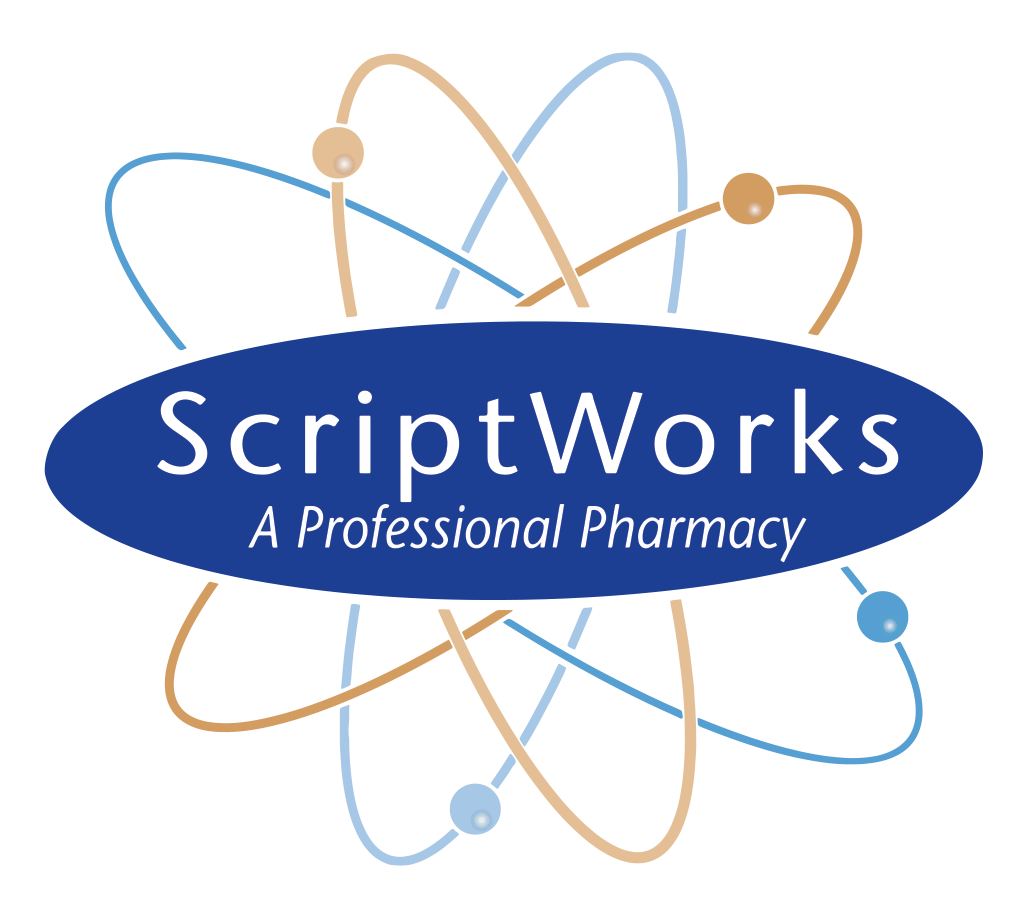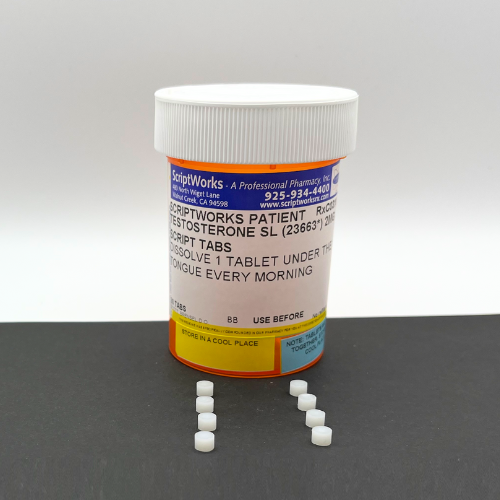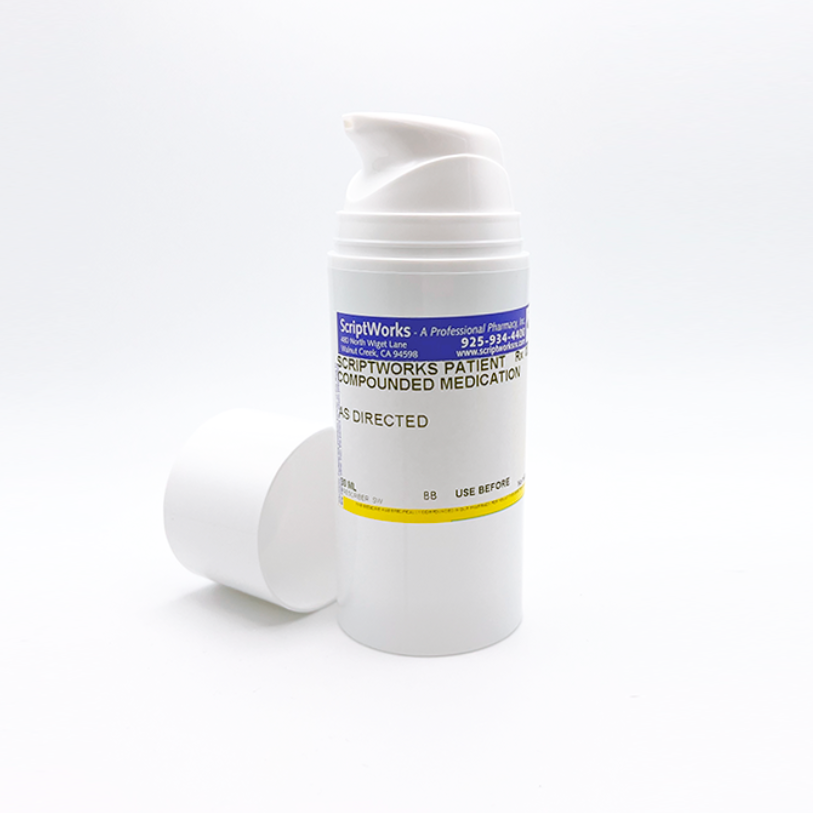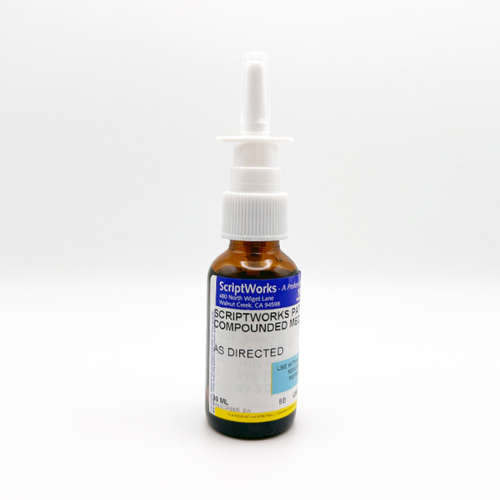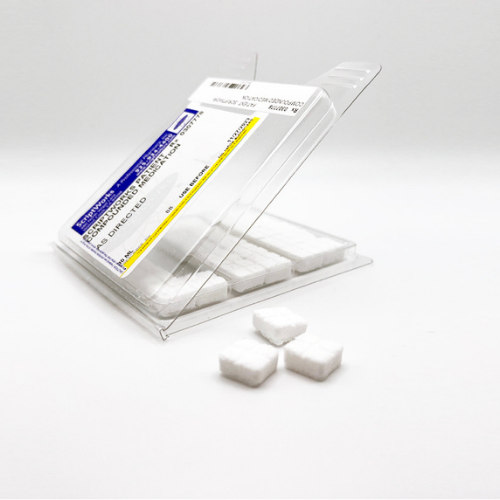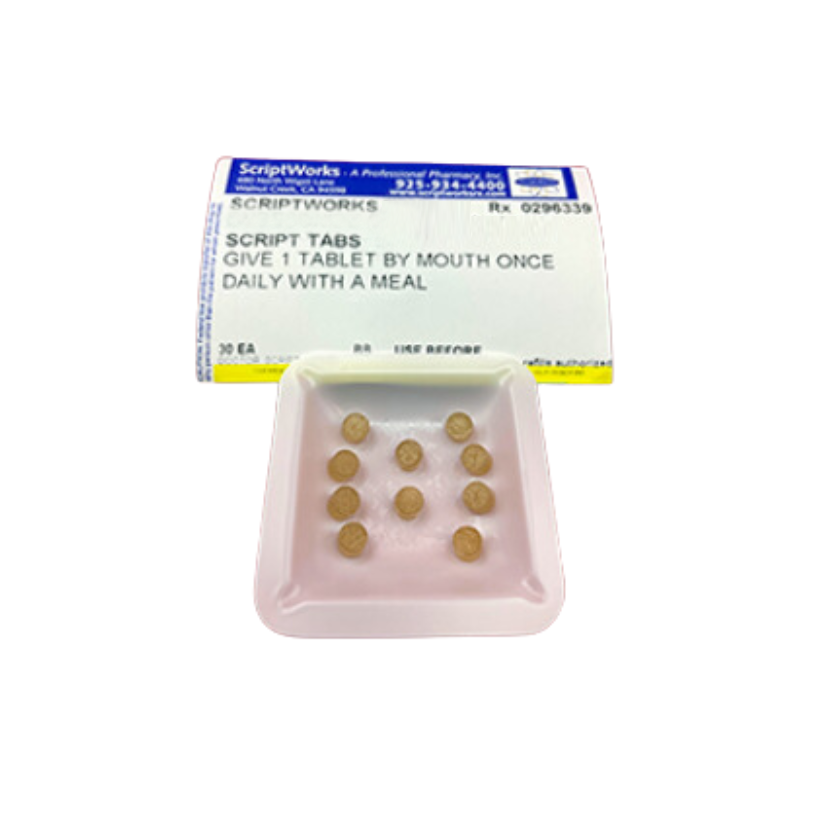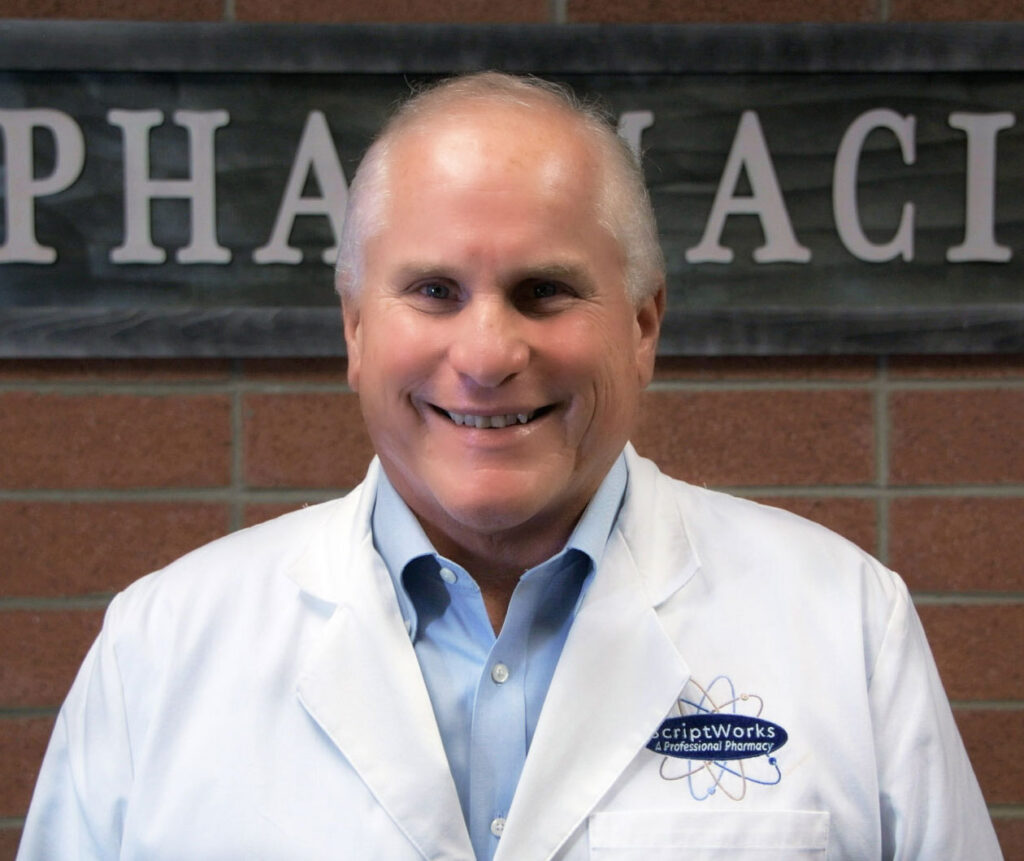
Author: Bob Brensel | President, Pharmacist | ScriptWorks
Bob Brensel, RPh, earned his Pharmacy Degree at University of the Pacific in Stockton, California in 1980. Former California Pharmacists Association’s Award Winner for Recognition of Outstanding Achievement in Compounding Pharmacy. Read More →
Facing the Weight of Modern Life: Why Californians Need More Options for Depression
In California — where tech-driven hustle meets cost-of-living pressures — many feel emotionally taxed. Work deadlines blur into personal obligations, while digital platforms keep us plugged in 24/7. It’s no wonder that symptoms like persistent fatigue, low mood, or anxious tension can take hold even among people who’ve “had it all together.” But let’s be clear: no one deserves to live under that kind of burden.
And yet, the conventional tools for managing depression — primarily mass-produced SSRIs/SNRIs — often fall short. Studies show that after two failed first-line medications, half of patients still struggle with treatment-resistant depression (TRD) — a condition affecting much of California’s stress burden.
“TRD has been variously defined as failure to respond to 1 trial of antidepressant monotherapy, failure to respond to 2 or more trials of monotherapy with different antidepressants, or failure to respond to 4 or more trials of different antidepressant therapies, including augmentation, combination, and electroconvulsive therapy (ECT)”
Source: Contemporary Clinical Trials Communications
The result? Widespread frustration, chronic/severe symptoms, and lives stuck in limbo.
Limitations of One-Size-Fits-All Pharmaceuticals
Here’s why many Californians are seeking alternatives:
- Delayed onset of action – SSRIs and SNRIs can take 6 weeks or longer to help, which can feel like an eternity for those in distress.
- Little or No Improvement – Simply put, severe depression persists.
- Unpredictable side effects – From weight gain and sexual dysfunction to insomnia or emotional blunting, mass-market pills can add new challenges.
- Incomplete relief – Even in remission, many report lingering fatigue, brain fog, or low motivation despite “successful” treatment.
- Limited options when first-line meds fail – Lithium or atypical antipsychotics offer alternatives—but may carry more complex side effect profiles.
It’s clear: we need smarter, more personalized approaches.
Why Compounded Prescriptions Are Being Prescribed
Compounded medications offer custom-dosed alternatives that can be tailored to each patient’s biology, lifestyle, and mental health history.
Let’s explore a few medications gaining traction in California’s integrative mental health community:
Low‑Dose Ketamine (sublingual, microdose troches, RDTs, nasal sprays)
Mechanism: As an NMDA receptor antagonist, ketamine modulates glutamate — a neurotransmitter crucial for synapses and neural plasticity. It may also boost BDNF and activate mTOR pathways, enabling rapid shifts in mood and thought patterns.
- BDNF (Brain-Derived Neurotrophic Factor): A protein that supports the growth, survival, and strengthening of brain cells and synapses. Boosting BDNF may help the brain become more adaptable or “plastic,” which is important for recovering from depression-related changes in brain function.
- mTOR (mechanistic Target of Rapamycin): A pathway inside cells that controls growth, protein synthesis, and cellular repair. When activated, it may quickly build new synaptic connections, which could be associated with faster emotional and cognitive shifts.
About the different forms
Ketamine’s evolution from strictly IV-only infusions to diverse compounded forms has significantly broadened access and flexibility in mental health care.
Originally, patients had to visit specialized clinics for in-office intravenous (IV) ketamine, which limited access due to cost, travel, and time commitments. These infusions required medical supervision and often weren’t feasible for many patients.
Now, compounded pharmacies like ScriptWorks offer alternative forms — such as sublingual rapid-dissolve tablets (RDTs), lozenges, nasal sprays, and microdose capsules — that allow for:
- At-home use under supervision
- Customized dosing for sensitive patients
- More patient-centered experiences, especially when paired with therapy
These forms have made ketamine more approachable, flexible, and scalable — helping more Californians explore a tailored approach under their provider’s guidance.
Use cases:
Patients with treatment-resistant depression (TRD) often experience symptom reduction after just a few doses; one retrospective study found 50% improvement after three RDT doses — 60% with six.
Integrating low‑dose ketamine with therapy may further enhance neuroplasticity and resilience.
Hassan, K., Struthers, W. M., Sankarabhotla, A., & Davis, P. (2022). Safety, effectiveness and tolerability of sublingual ketamine in depression and anxiety: a retrospective study of off-label, at-home use. Frontiers in Psychiatry, 13, 992624. Link
Bioidentical Thyroid Hormones (T₃/T₄ combinations)
People may be prescribed bioidentical thyroid hormones (T₃/T₄ combinations) for depression when low thyroid activity is suspected to be contributing to symptoms like low energy, slowed thinking, or persistent low mood. The goal of prescribing T₃ (liothyronine), T₄ (levothyroxine), or a custom ratio of both is to support neurotransmitter balance and metabolic activity, which may help lift depressive symptoms when standard treatments haven’t been fully effective.
Mechanism: Bioidentical thyroid hormones (e.g., liothyronine + levothyroxine) may support mood by enhancing energy and neurotransmitter synthesis.
Use cases: Ideal for individuals with subclinical hypothyroidism or low-normal thyroid levels who also report depressive symptoms, fatigue, or cognitive slowness.
Emerging research, including findings from the European Group for the Study of Resistant Depression (GSRD), suggests that thyroid dysfunction—particularly hypothyroidism—may be associated with increased severity and distinct features of major depressive disorder (MDD). In patients with both conditions, thyroid hormone support may offer potential benefits when thoughtfully integrated into a broader care plan.
Fugger, G., Dold, M., Bartova, L., Kautzky, A., Souery, D., Mendlewicz, J., … & Kasper, S. (2018). Comorbid thyroid disease in patients with major depressive disorder-results from the European Group for the Study of Resistant Depression (GSRD). European neuropsychopharmacology, 28(6), 752-760. Link
Low‑Dose Naltrexone (LDN)
Low-Dose Naltrexone (LDN) is sometimes prescribed for depression when inflammation or immune dysregulation is suspected to play a role. At microdoses, LDN is believed to modulate the immune system and gently influence endorphin pathways, which may support mood regulation. It’s often considered by integrative practitioners for patients with autoimmune conditions, chronic fatigue, or persistent depressive symptoms that haven’t responded fully to traditional medications. While research is ongoing, LDN offers a low-risk, personalized option that may benefit individuals with inflammation-linked mood concerns.
Mechanism: At microdoses, naltrexone may reduce inflammation and subtly tweak endorphin activity, potentially lifting mood—a hypothesis still being explored.
Use cases: Frequently prescribed by integrative practitioners for inflammatory or autoimmune-linked depressive symptoms.
A small randomized, placebo-controlled, double-blind, phase II proof of concept study in MDD patients assessed the effect of a low dose of naltrexone (1 mg, twice daily for 3 weeks) as alternative to dopaminergic antidepressants [stimulants, dopamine agonists (pramipexole), bupropion (≥300 mg/day), aripiprazole (≤2.5 mg/day), or sertraline (≥150 mg/day)].
“Those patients that received naltrexone demonstrated greater improvements on several clinical measures, including the Hamilton Depression Rating Scale (HAM-D), Montgomery–Åsberg Depression Rating Scale (MADRS), and Clinical Global Impressions Severity Scale (CGI-S), relative to those receiving placebo, although all patients improved overall.”
Source: Journal of Affective Disorders
Mischoulon, D., Hylek, L., Yeung, A. S., Clain, A. J., Baer, L., Cusin, C., … & Fava, M. (2017). Randomized, proof-of-concept trial of low dose naltrexone for patients with breakthrough symptoms of major depressive disorder on antidepressants. Journal of Affective Disorders, 208, 6-14. Link
ScriptWorks: Bettering Mental Well‑Being, One Prescription at a Time
In California’s quest for deeper mental health care, ScriptWorks stands out—trusted by local prescribers and patients alike.
Quality You Can Count On
- Accredited by both PCAB and ACHC via on-site inspections since 2012 and through 2027
- LegitScript certification highlights trustworthiness and authenticity
- Uses independent testing to ensure purity and consistency
Personalized Care, Convenient Service
- Local delivery throughout the Bay Area and overnight shipping statewide throughout California
- Patient-specific prescriptions, working directly with providers to refine each order
Communication as a Core Value
- Pharmacists are accessible to patients and providers for educational support
- Follow up with your pharmacists to assess progress, address symptoms, in order to make adjustments as needed for optimal patient outcomes
Pulling It All Together
California’s mental health burden is significant — and conventional mass-market prescriptions aren’t enough for everyone. That’s why more doctors — psychiatrists, integrative practitioners, and PCPs — are incorporating compounded medications into their care toolkits. With individualized dosing, alternative delivery methods, and the ability to combine modalities like ketamine-assisted psychotherapy, they can tailor approaches to complex, real-world needs.
ScriptWorks is at the heart of this movement — bringing quality standards, collaborative care, and patient education to communities across the state. Whether it’s sublingual ketamine RDTs helping a mother climb out of silence, L‑methylfolate giving a fresh boost to someone with treatment‑resistant symptoms, or LDN easing a patient struggling at the edge of conventional therapies — ScriptWorks is crafting solutions that may gently shift lives.
If You’re a Provider or a Californian:
- Providers: Browse ScriptWorks’ prescriber resources, access Rx order forms, and explore collaboration opportunities.
- Patients: Talk to your clinician about compounded options — whether ketamine, thyroid, folate, LDN, or others — and ask if ScriptWorks can support you.

ScriptWorks: California’s partner in optimized, empathetic, community‑centered mental health care — one prescription at a time. Contact us now to get started.
